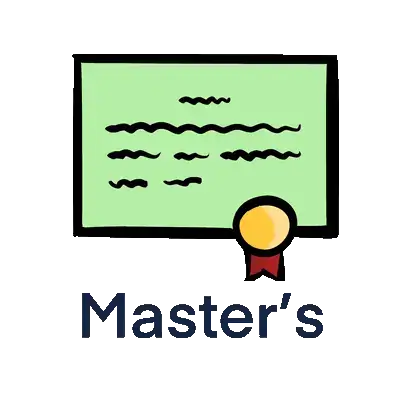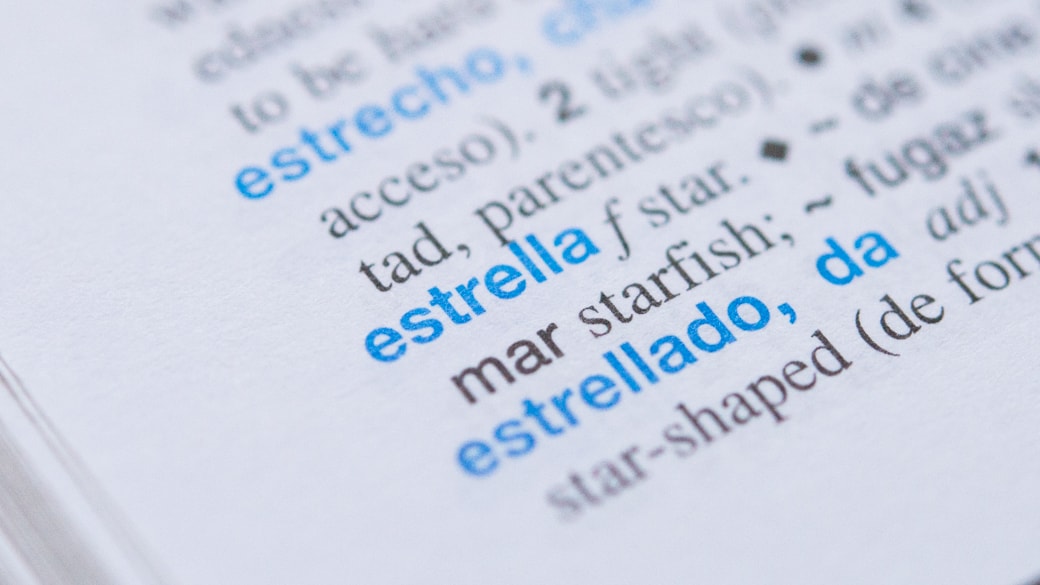10 tips to achieve a grade 9 in GCSE French
In this blog, Nick, an experienced French teacher and tutor, outlines 10 top tips to securing a level 9 in GCSE French. As you will see, achieving a level 9 is not easy but given some good planning, plenty of time and great motivation, you should find it isn't impossible!
How do you get a 9 in GCSE French?
It is one of the questions my students ask me the most: ‘Is it really possible to achieve a grade 9 in French?’ Simple answer is ‘yes’! In my opinion you need to come up with a strong action plan, just like you would for any other goal you set yourself, such as becoming a better swimmer or learn how to play the flute. Your action plan will need smaller specific targets and concrete ways to reach them.
For example, in Week 1, you might aim to learn the 100 most common verbs in French and in week 2 your goal could be to give a two-minute presentation about your hobbies. Week 3 could be understanding the lyrics of your favourite French song.
How can you reach these three goals? You might decide you need post-it notes and self-assessment in Week 1, a mobile phone and an online dictionary for Weeks 2 and 3.
You will find that having such targets will help you come up with a provisional timeline you would like to reach them by, and a breakdown of the weekly steps to achieve them. This will dramatically improve your chances of success if your targets are reasonable and manageable. The satisfaction and sense of pride you will feel when you see tangible progress in French will make you want to be even more experimental and daring with your next targets!
Here are my ten tips to achieve a grade 9 in in GCSE French.
1. Start early!
Do not leave the revision until the last minute. Learning a language to a high level is a long-term process: cramming all the learning into one or two sessions will not work very well and the results will not be as good.
2. Prioritise Reading a Listening
You already know that in order to succeed you need to work on the four skills – listening, reading, speaking, writing, alongside having a clear grasp of the grammar. However, I believe that, especially at this stage of your language learning, reading and listening should be prioritised, because that is how you learn useful words and expressions and you see the correct grammar in context. Only after you are familiar with these new structures, you will be able to use them actively.
3. Use a wide mixture of Resources
A variety of resources is always better than being exposed to just one type. In other words, don’t base your learning exclusively on the Revision Guide you bought or that YouTube Channel you subscribed to. It is more effective to have a combination of the following: using textbooks, listening to songs in the target language, reading extracts from your favourite novel, watch the news online, watch films, complete grammar exercises, find a tandem program, read a magazine, and leave post-it notes with the new words around the house.
4. Reviews should be Little and Often!
When it comes to frequency of exposure, my advice is that ‘less and more frequently’ is better than ‘more and less frequently’: four half-hour sessions a week are more effective than one long two-hour sessions at the weekend.
5. Structure your Revision
A structured, traditional way of learning is essential (but not exclusive- see tip 8). I suggest dividing words into categories when learning them (is this a verb or an adjective? Is this noun masculine or negative?) and be familiar with those very useful verb tables: have an A4 copy with all the tenses at hand all the time.
6. 5 mini-steps to New Vocab Success
Follow these five steps when learning new vocabulary: a) learn, repeat, and leave it aside b) revisit and recycle it.
Recalling previous knowledge is of the utmost importance when learning a foreign language. If you encounter the French word ‘le pont’ on Monday, you should find a way to memorise it – you can choose which is the most effective way to do so. The important thing is to revisit the same word on Friday, and once again the following week, until you are confident you know it.
7. Contextualise the words (make it real!)
If possible, find every single excuse to use each word in a real context. When, for example you see a bridge with your own eyes, point at it and repeat the word ‘le pont’, and do the same when thinking about that beautiful old bridge you saw when you visited Paris. This way the word ‘le pont’ will enter your long-term memory and you will create a stronger connection – a feeling and a memory. It will come to life; it won’t be just a word on a piece of paper.
8. Don’t forget Fun
Alongside what I described in point 5, you should also use spontaneous, fun, lighthearted, yet linguistically challenging resources: listen to a popular song, watch a film without subtitles, read a couple of pages from a novel or have a go at reading a poem. In other words, have fun whilst learning. Even if you only grasp 10 or 20% of the vocabulary, you’ll be surprised at how much more you can infer and guess. Your brain can often fill in the gaps and that extra level of mental effort, together with more and more frequent exposure will take your learning further than expected.
9. Practice Past Papers
Past papers are your best friends! Aim at doing at least two each month, from different exam boards. You can find them online or you ask your teacher or tutor for some more. Here are the main GCSE French exam boards. You should be able to find past papers for each:
10. Long-term Motivations beat Short-term goals
Finally, think long-term! You know what your current goal is (a grade 9 in your French GCSE) but give it a few months or years and you’ll find yourself saying: ‘I want to improve my French because I love this language, or, I am planning a summer holiday in Nice, or it is a requirement for the job I really want, or my partner is French and their family only speaks French.
Always remember that learning a language is a life-long experience and most people wish they could speak one fluently. You are lucky enough to learn it at a young age, and you should really make the most of your learning experience.
Bonne chance!









Start the discussion!